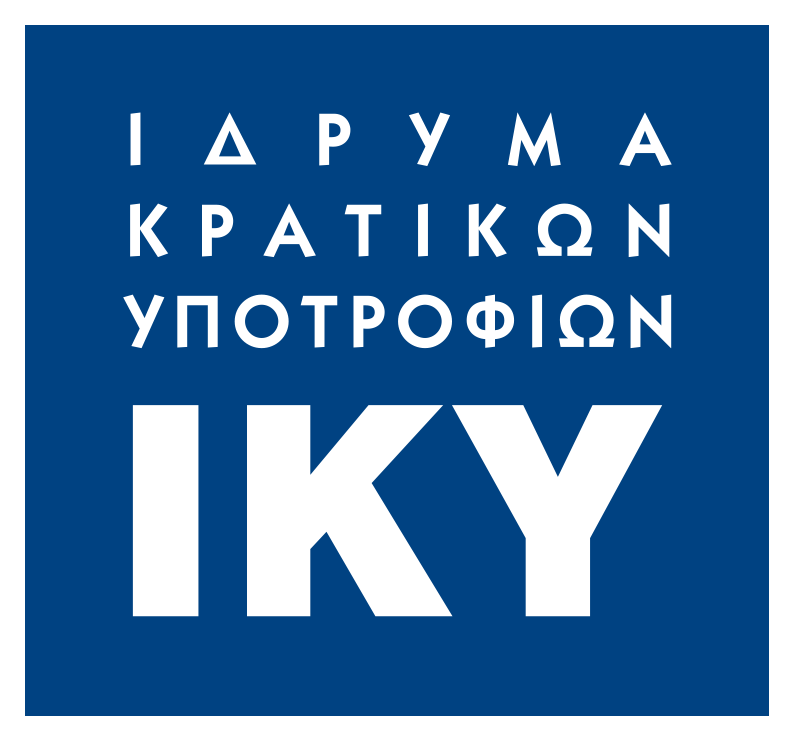Multiplier Event at NKUA Showcases the HEAT Project’s Impact in Education
On 2 November 2024, the NKUA hosted an inspiring multiplier event at its premises in Athens, gathering 94 enthusiastic participants, including teachers, school principals, and members of the general public. The event was a key dissemination activity of the HEAT project, aimed at showcasing the research outcomes and fostering dialogue on climate change and its impact on public health and education.
🎯 Objectives of the Event
The primary goal of the event was to present the HEAT project and highlight significant findings from the research conducted. Additionally, the event sought to:
- Raise awareness about heat waves and their impact on health and society.
- Present innovative educational tools and resources developed through the project.
- Engage the educational community in discussions on how to incorporate climate-related topics into school curricula.
- Encourage collaboration and exchange of ideas on project dissemination strategies.
👨🏫 Keynote Addresses and Expert Presentations
The event featured speeches from renowned academics, project researchers, and guest speakers:
- Academics from the NKUA: They provided insights into the research methodologies employed in the HEAT project and discussed the scientific basis for understanding heat waves and their effects on ecosystems and urban populations.
- Researchers from the HEAT Project Team: The research team presented the outcomes of their work, focusing on the following key outputs:
- Interactive Tools for Educators: Designed to help students understand the causes and consequences of heat waves.
- Educational Game: An engaging, gamified learning experience to raise awareness of climate change and heat wave prevention.
- Teacher’s Manual: A comprehensive guide with lesson plans, classroom activities, and real-world case studies.
- Content for Teachers: Ready-to-use materials aligned with the school curriculum to facilitate the integration of climate education into classrooms.
🌊 Special Lectures on Tidal Waves and Heat Wave Impacts
The invited speakers enriched the event with expert knowledge and real-life implications:
- Guest Lecture by Prof. Raitsos on Ecological Impacts of Ocean Warming and Marine Burning: The specialist provided an in-depth analysis of heat wave phenomena connected to ocean warming, their causes, and their impact on coastal communities. The session included multimedia presentations and simulations, offering participants a vivid understanding of these natural events.
- Health Impacts of Heat Waves: A keynote presentation was delivered by Dr. Tsarouchas, an expert in cardiovascular health. He discussed the correlation between heat waves and cardiovascular diseases, explaining how extreme temperatures increase the risk of heart attacks and strokes, particularly among vulnerable populations such as the elderly and individuals with pre-existing conditions. His presentation underscored the importance of preventive measures, such as staying hydrated, avoiding outdoor activities during peak heat hours, and recognizing early symptoms of heat-related illnesses.
- Long-term changes of heat waves in Athens based on climatic and bioclimatic indicators was the topic of the lecture that the researcher of the National Observatory of Greece, Mrs. Founda, shared with the audience.
💬 Interactive Discussion and Knowledge Exchange
Following the presentations, participants engaged in a lively and constructive dialogue. The discussion focused on:
- The role of education in raising awareness about climate-related health issues.
- The importance of including climate change and public health topics in school curricula.
- Ideas for promoting the HEAT project within schools and the wider community.
Participants shared their perspectives, experiences, and suggestions for improving climate education. Teachers expressed interest in incorporating the project’s tools into their lesson plans, while school principals discussed ways to organize workshops and awareness campaigns for students and parents.
🍽 Networking and Collaboration Over Lunch
The event concluded with a light lunch, during which networking opportunities flourished. Participants formed connections, exchanged ideas, and explored possibilities for future collaboration. Discussions included:
- Strategies for disseminating the project results to a wider audience.
- Opportunities for organizing teacher training workshops and school competitions.
- The potential for forming a network of schools committed to climate education.
The informal setting of the lunch encouraged open conversations and laid the groundwork for future initiatives aimed at promoting environmental awareness in education.
📈 Impact and Outcomes of the Event
The multiplier event achieved its goals by:
✅ Raising Awareness: Teachers and educators gained valuable insights into the impact of heat waves and the importance of educating students on climate resilience.
✅ Promoting Resources: Participants became familiar with the educational tools and materials produced by the HEAT project.
✅ Encouraging Collaboration: The event fostered new partnerships and inspired ideas for future projects and outreach activities.
✅ Gathering Feedback: Constructive feedback was collected from participants, which will be used to further improve the project’s resources.
🌿 Looking Ahead
The success of the multiplier event marked a significant step forward for the HEAT project. NKUA and its partners plan to:
- Organize follow-up workshops to help teachers implement the educational tools in their classrooms.
- Create a community of practice where educators can share their experiences and best practices in climate education.
The event not only celebrated the achievements of the HEAT project but also highlighted the critical role of education in fostering climate awareness and resilience. As climate change continues to pose significant challenges, initiatives like the HEAT project empower educators and students to become advocates for a sustainable future.



